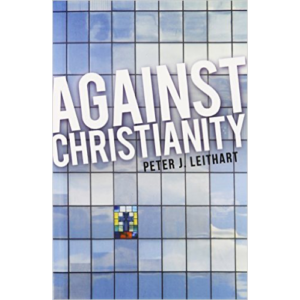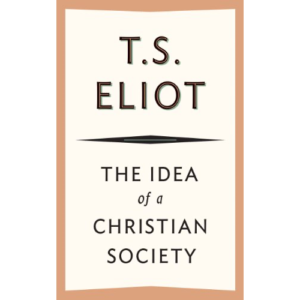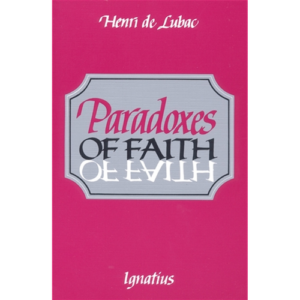
Coming unstuck from the earth
Henru de Lubac on how being heavenly minded makes one of immense earthly good
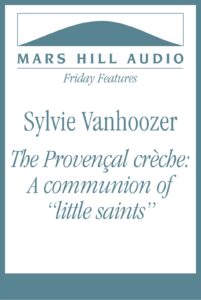
Seasons and everyday saints
Sylvie Vanhoozer introduces a French Advent tradition that involves a community of “little saints” whose stories have something to teach us about following Christ throughout the year. (28 minutes)
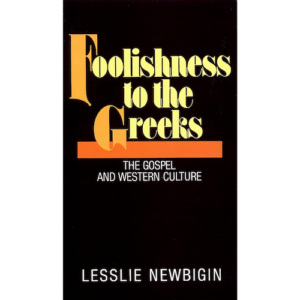
Unmasking claims of “secular neutrality”
Lesslie Newbigin on the Church’s prophetic duty concerning public life
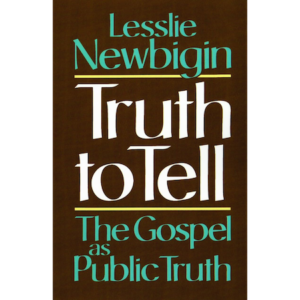
The kingdom of God has public consequences
Lesslie Newbigin on the subversiveness of the Church’s message to the world
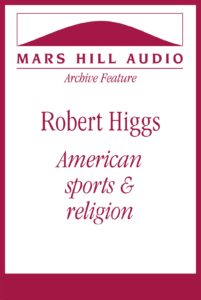
Sports in America
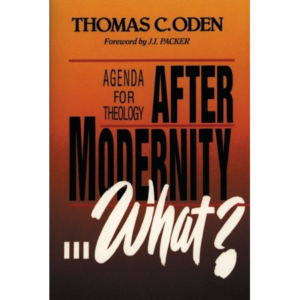
Divorcing the spirit of the age
Thomas C. Oden on overcoming the theological faddism of the late twentieth century
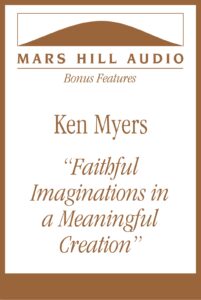
Developing a Christian aesthetic
In the inaugural lecture for the Eliot Society, titled “Faithful Imaginations in a Meaningful Creation,” Ken Myers addresses the question of the relationship between the arts and the Church. (59 minutes)
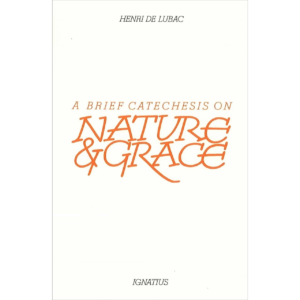
Eternal seeds, temporal fruit
Henri de Lubac on how the Church should (and shouldn’t) make a difference in the world
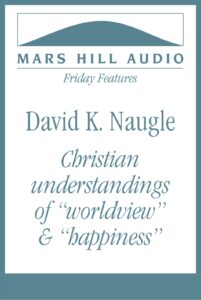
David K. Naugle, R.I.P.
Philosophy professor, author, and compassionate mentor David K. Naugle (1952-2021) explains the long history of the concepts of “worldview” and “happiness.” (26 minutes)
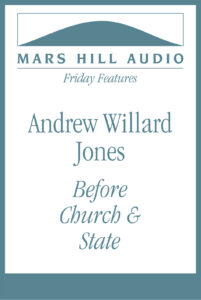
Questioning the “sacred-secular” division
With the stage set by Michael Sandel, Jean Bethke Elshtain, David L. Schindler, and John Milbank, Andrew Willard Jones examines a medieval alternative to the modern liberal paradigm. (61 minutes)
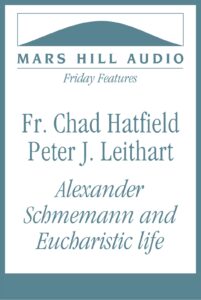
Fr. Chad Hatfield and Peter J. Leithart on Alexander Schmemann
Alexander Schmemann’s book asks a set of questions about “Christianity and culture” that typically don’t get asked, questions that re-center our lives in gratitude and worship. (20 minutes)
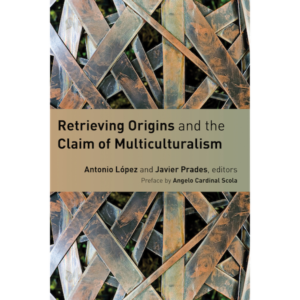
Assimilation or identity in Christ
Francisco Javier Martínez Fernández on the modern choice given the Church to conform or die
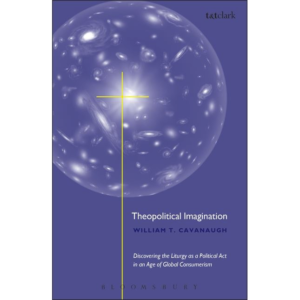
The Church as a public reality
William Cavanaugh on how we must be disciples in public, not just citizens
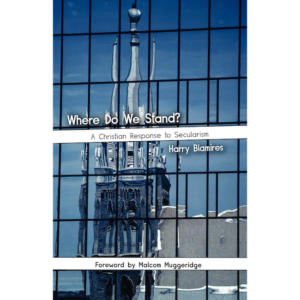
Intellectual apostasy and Christian witness
Harry Blamires on unfashionable beliefs about the ends of human beings
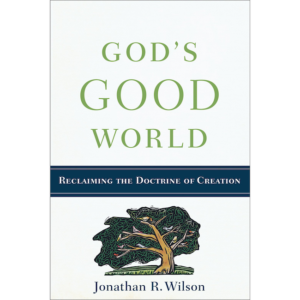
Cultural participation in reconciliation
Jonathan Wilson on faithfully representing Creation in the culture of the Church
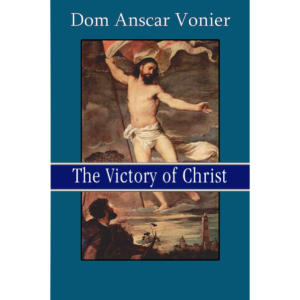
The publicly inert Christ of modernity
Dom Anscer Vonier on secularism’s confidence in its freedom from Christ
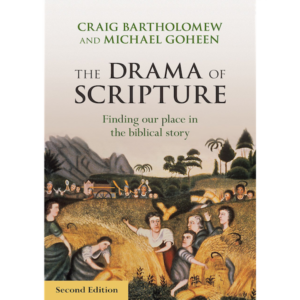
Which story is ours?
“Instead of allowing the Bible to shape us, we may in fact be allowing our culture to shape the Bible for us.”
